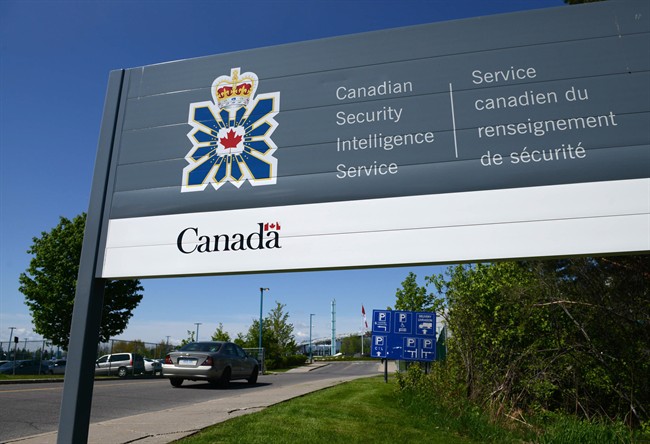MONTREAL – Is your child at risk of radicalization?

After the RCMP in Quebec arrested 10 youths on suspicion of planning to join jihadist groups, radicalization is the word that seems to be on everyone’s lips.
Experts weigh in on how to spot the signs of radicalization.
READ MORE: RCMP in Quebec arrest 10 youths on suspicion of planning to join jihadist groups
What are the signs that show your child is at risk?
Marc-André K. Lafrenière, a postdoctoral fellow at McGill University, member of the Canadian Network for Research on Terrorism, Security and Society (TSAS) and an expert in radicalization says there are certain signs to look out for:
1-Social isolation
Suddenly abandoning social groups such as friends and family.
2-Obsessive behavior
Re-orienting life around a single or a few radical activities or social groups while letting go of past activities such as work, school, sports, hobbies.

Get breaking National news
3-The emergence of radical beliefs
Developing rigid and inflexible political or religious beliefs and becoming intolerant toward others with different views.
- Much of Canada faces extreme cold, heavy snow in latest winter blast
- 3 in 10 Albertans would vote for independence — but only half committed to separating: poll
- Pimicikamak Cree Nation to evacuate 79 more homes after military assessment
- China’s envoy says Beijing, Ottawa ‘eye to eye’ on supporting Greenland
For example, criticizing family members for their impious or immoral behavior, refusing to discuss political or religious beliefs, searching or reading about violent radicalized content.
These sites could be violent jihadi websites, or sites supporting violent behaviors or groups.
READ MORE: Does Quebec have a young extremist problem?
What to do if you suspect your child is being radicalized
Simon Gervais, a former RCMP officer encourages parents to monitor their kids’ online activity.
“Keep the computer in an open area. No passwords should be allowed,” he told Global News.
He also encourages parents to take active roles in their children’s online activity and seek community mentors for advice and counseling.
“It all needs to happen before they are radicalized,” he cautioned.
And Lafrenière agrees.
“Radicalization is a slow but steady process similar to criminalization by street gangs.”
He suggests that maintaining an open dialogue about religion and politics with children is paramount.
‘This should permit parents to both guide and judge children’s religious and political beliefs.”
Assuring that children are integrated in the main culture they live in is also important.
“Often, radicalization is born from a need to belong to a group or a need of personal significance after a young person fails to integrate society and experiences life challenges,” he stressed.
READ MORE: Montreal mayor launches new radicalization prevention centre
If you fear for your child’s safety, Lafrenière and Gervais urge parents to contact police.
Plans to open a new anti-radicalization centre in Montreal are underway.
Anyone who wants to share information or seek help can already call the centre’s hotline at 514-280-2002.






Comments